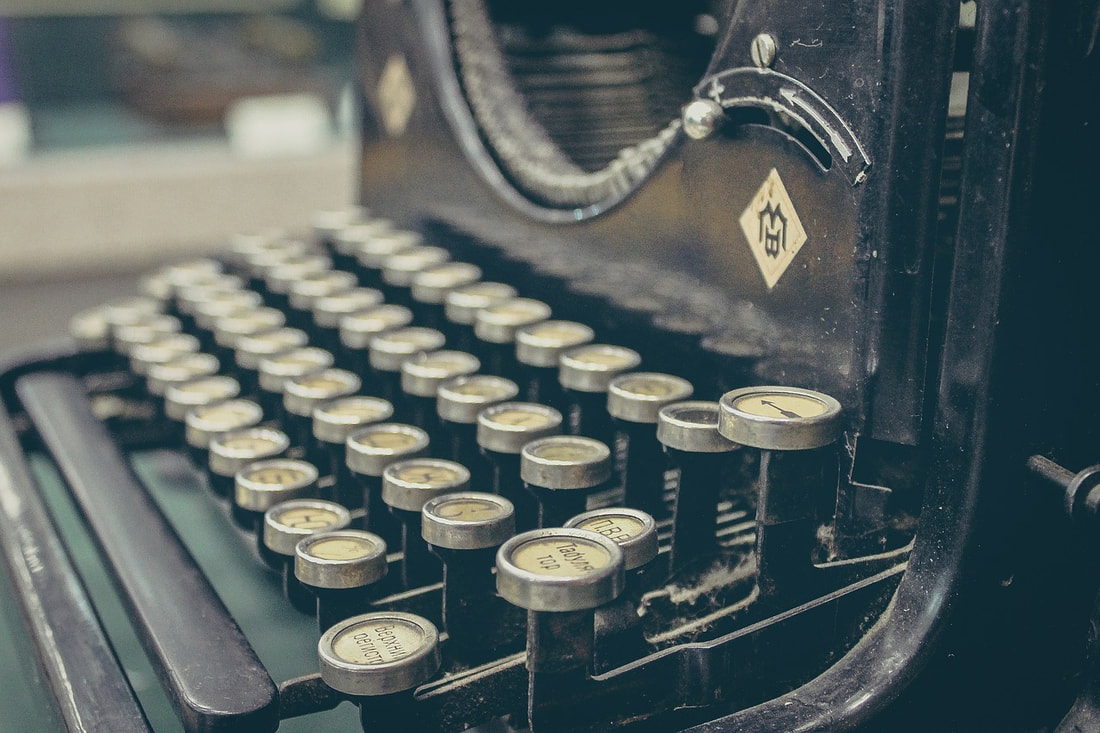|
People love to love historical fiction. For marketing purposes, editors, publishers and agents categorize fiction into various genres. As a classification, it’s useful but what exactly is historical fiction? Is it any story that takes place in the past? How far back in time does it need to go? And how accurate does a work of fiction need to be historically?
I believe there’s an art to writing historical novels. Readers are hungry for the narratives served up in bygone eras. The lure of the past has always been seductive and perhaps in times of discord, more so. But incorporating historical events into a shapely narrative is no simple task. When I began work on my novel, I researched everything I could find on what it was like during WWII, both at home and abroad, what nursing was like during that time, what life was like in POW camps in Canada, and everything in between. Soon, I was firmly down the rabbit hole. I read about the Italian campaign, British plastic surgeons, political debate over conscription… you name it. Why? Because 1) the research was super interesting and 2) it was way easier to read about it than to actually sit down and write! My story takes place in a Canadian POW camp during the later years of the war and then in Toronto post-war. The main characters are nurses with the Royal Canadian Medical Corps. There are many minor characters, both civilian and military, so it was necessary that the essence of time and place be captured, that the social and cultural conditions of the people be accurate. But did I need to know what was in a soldier’s mess kit, how many pounds of butter a housewife was allowed each week, which camps Red Cross visited and how many library books they brought? No, I did not. Soon I had to stop reading about it, sit my bum in the chair and start writing! But how much factual detail is necessary and how much can be imagined in a work of fiction? Can the writer be forgiven for reshaping historical elements to suit her fictional purposes? Or does she owe the reader accuracy in every detail? Should writers be allowed to take literary license with historical facts? I think the truth is that we read historical fiction not to learn about history so much as to live it. It’s the closest we can get to experiencing the past without having been there. We read history books to get a sense of what happened. We read historical fiction to get a sense of what it was like. History books don’t make the period come alive in the way a fictionalized story does. We see what makes people tick and why they did the things they did. Readers are smart. They know they are reading a fictionalized account and they expect the writer has performed some “bending” of the truth in pursuit of a greater goal. Historical fiction can accomplish something that history does not. It allows us to read about things we know but to not know who we will be when we get there. Reading historical fiction adds a dimension to historical fact and illuminates an era or event in a way non-fiction can never hope to do. How accurate do you want popular fiction to be to the period portrayed? Do you allow writers some literary license or do you expect it to be factual in every respect? Is it forgivable for the writer to manipulate events to suit the needs of their story? What are your thoughts? I’d love to hear them. Happy reading! Joni
4 Comments
|
Archives
July 2024
Categories |

 RSS Feed
RSS Feed
